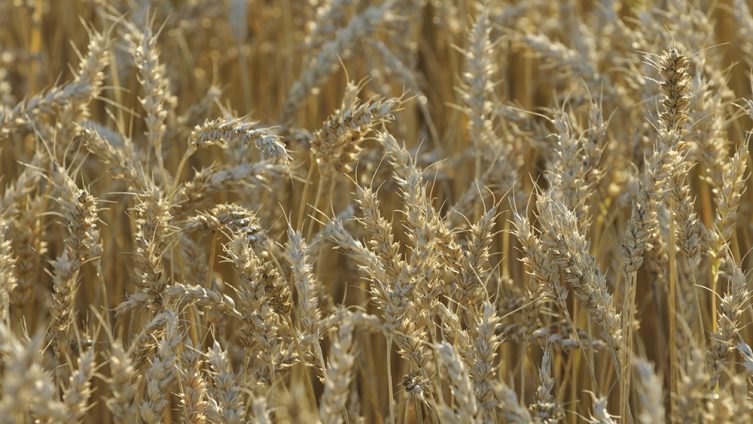“Nutrient recycling is in its initial stages of development in the food production and consumption system. That's why we wanted to explore and develop various recycled fertiliser concepts and products,” says Mari Unnbom, Coordinator of the HYKERRYS project (Recycled fertilisers for good yields) of the University of Helsinki. “We are collaborating with operators in the recycled fertiliser sector, and produce information on the functionality, planning and practices related to recycled fertilisers.”
A broad range of options and implementation methods
The project aims to demonstrate the various alternatives, methods and functionality of recycled fertilisers. Alternatives include sewage sludge, digestate, compost and manure-based fertilisers. “In this project, we intend to compare soil, harvest, nutrient and environmental efficiency and various recycled fertiliser concepts using farm economic indicators. We also intend to develop recycled fertilisers and fertilisation further for the purposes of arable farming,” says Unnbom. “For farmers, we aim to demonstrate the alternatives, implementation methods and functionality of recycled fertilisation throughout Finland, particularly in the region where grain crops are predominant.”
Partner companies provide solutions for nutrient recycling
Key partners in the project include Ecolan Oy, Soilfood Oy, Tuhala Biü Oy and Helsinki Region Environmental Services Authority HSY, all with their own recycled fertiliser products in the project. The functionality of the fertilisers is being tested on three farms in Southern Finland. The project is being coordinated by the University of Helsinki, through which experts from different fields are participating in the project.
“Both inorganic and organic recycled fertilisers facilitate recycling. The advantage of organic fertilisers is that they add carbon to the soil and improve the soil structure and biology,” says Unnbom.
Recycling vital for the sustainable use of nutrients
“In the long term, the project aims at increasing the use of recycled nutrients in Finnish agriculture by enhancing farmers’ knowledge and know-how on the subject. We want to dispel the prejudices related to recycled fertilisers and increase the quality and usability of recycled fertilisers available to farmers. This is important, because the prevailing one-way nutrient flow begins with the chemical fertilisers used in agriculture and ends up as load in waterways, emissions in the atmosphere and the disposal of treatment plant masses, for instance in landscaping,” says Unnbom.
It is particularly important to develop recycling in the catchment areas of the Gulf of Finland and the Archipelago Sea, where arable crop farming is predominant and the possibilities for using livestock manure as recycled fertiliser are limited. Due to the region’s high population density, which is the highest in Finland, a high concentration of nutrients end up in municipal waste. The load of agricultural nutrients flowing into Finland’s coastal waters from the area is considerable, and is in fact a priority issue in the protection of waters.
“In view of these factors, research data is urgently needed on the fertilisation, soil and environmental effects of various recycled fertiliser products, the costs of recycled fertilisation, and the usability of products in arable farming,” says Unnbom.
Watch a video on HYKERRYS (in Finnish):
More information about the project:
Mari Unnbom, Coordinator, firstname.lastname@helsinki.fi
The project’s website


